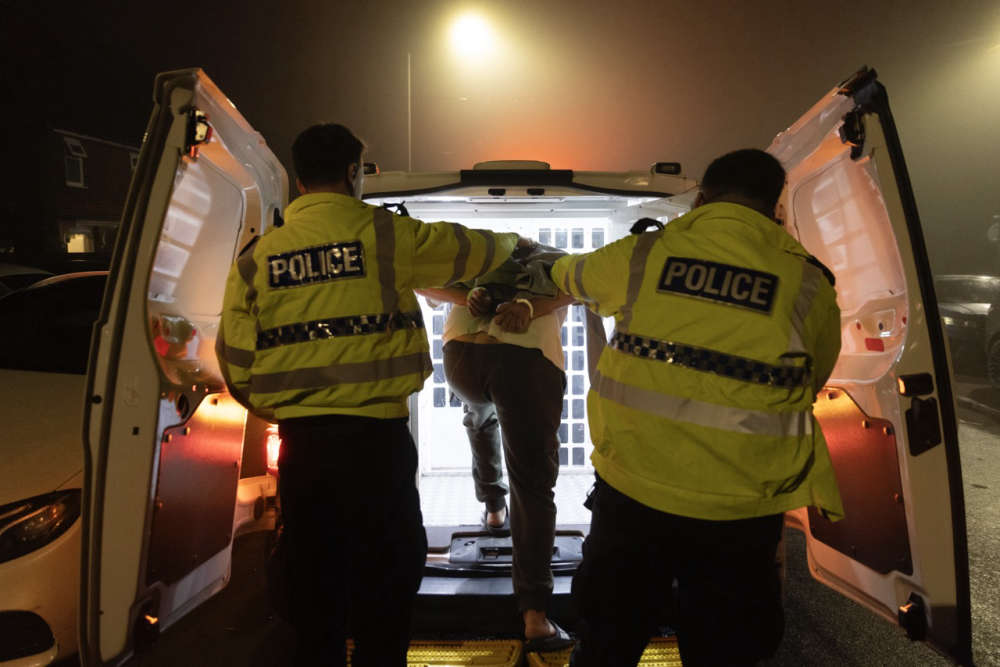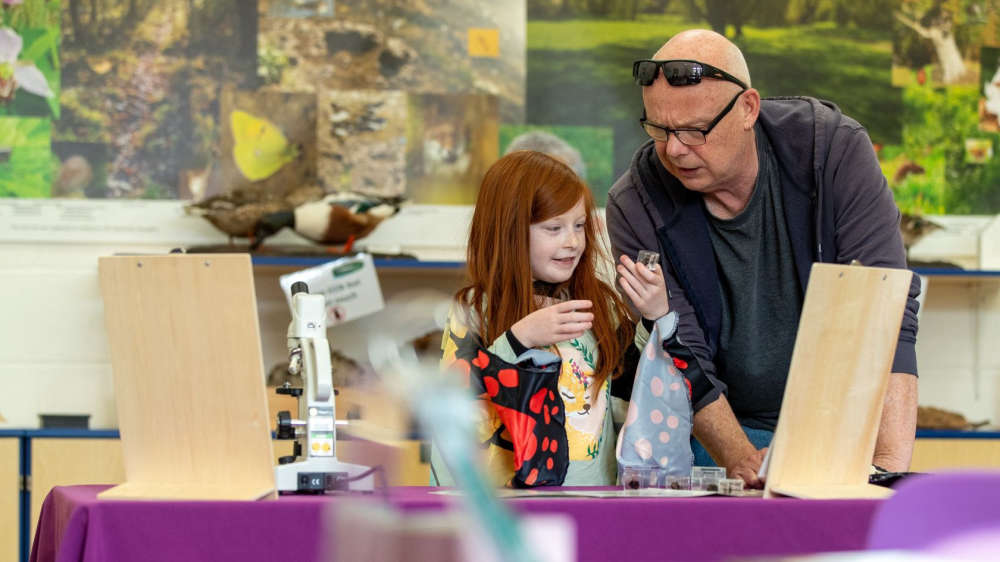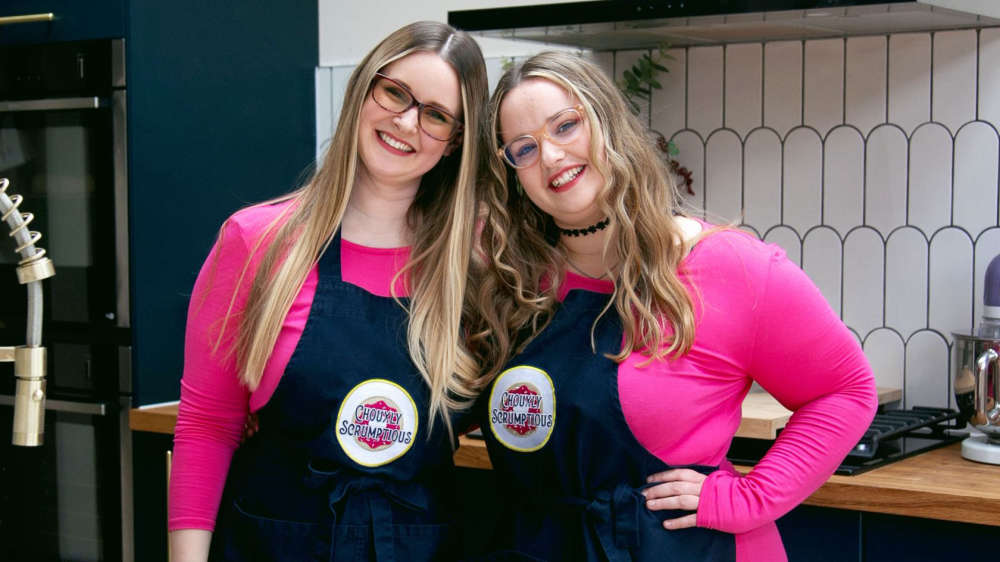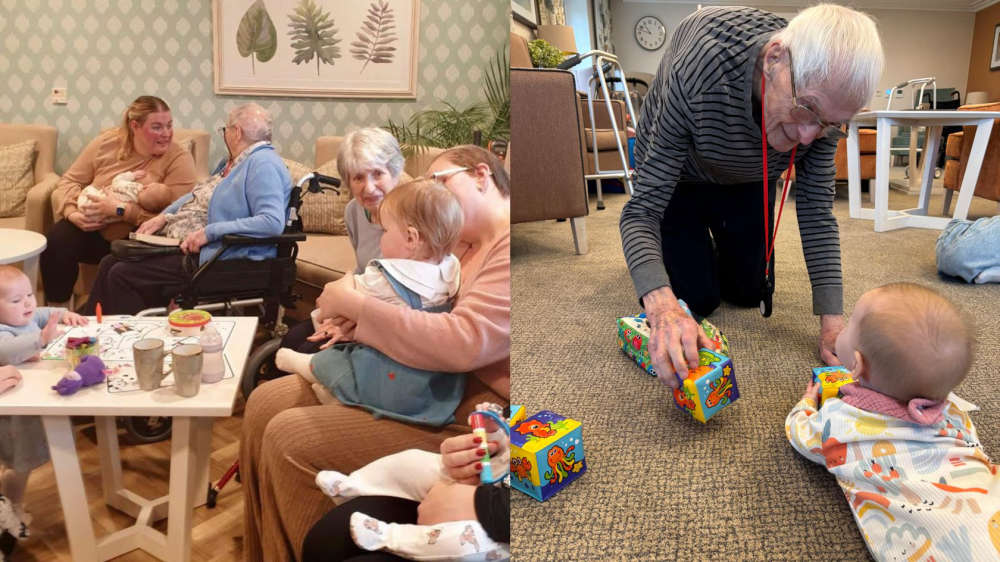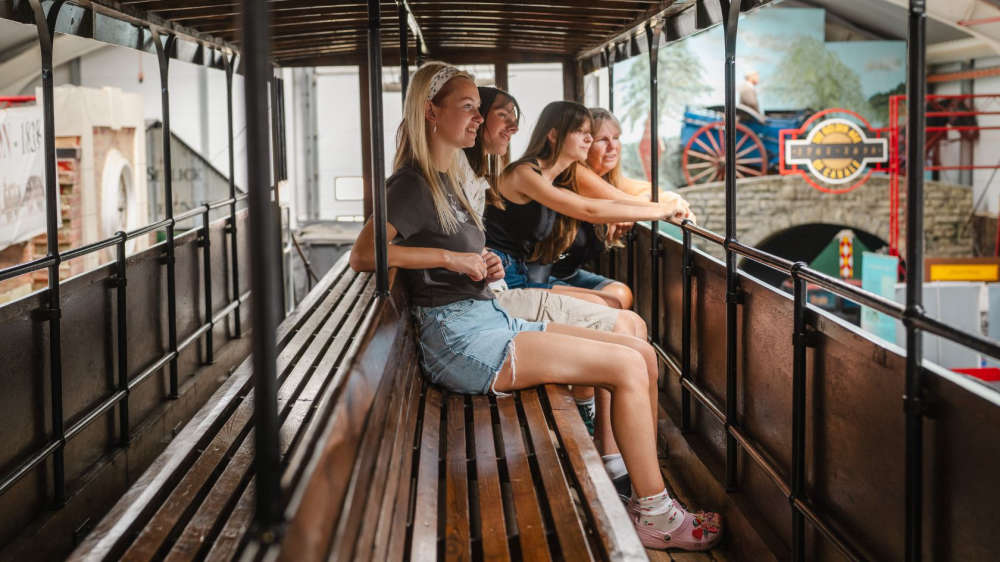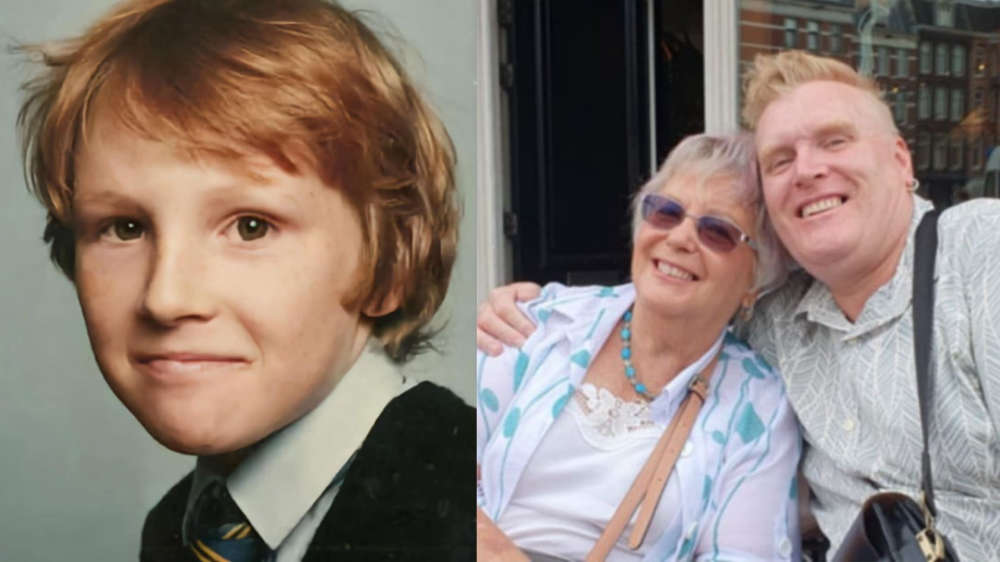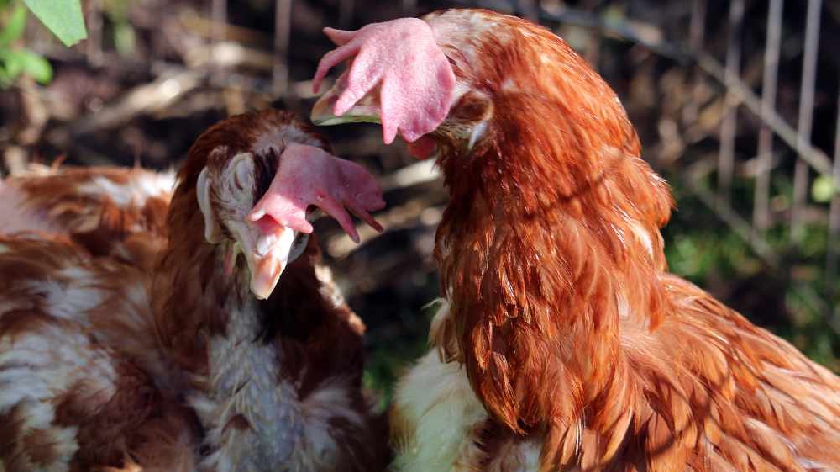
Hundreds of ex-commercial hens that would otherwise be going to slaughter need rehoming in Milton Keynes this weekend.
The British Hen Welfare Trust saves over 60,000 hens from slaughter each year.
This week, the charity has saved hundreds of more hens - and these animals are now waiting for homes.
There will be an adoption day in Milton Keynes this Sunday (27/6) where local residents can collect their new pets in exchange for a small donation to the charity.
Those who wish to rehome some hens must fill out an application form and register in advance to find out the exact location of the adoption centre.
Residents must also make sure that they have the right accommodation for the hens. "You can convert a regular shed or outbuilding, build your own coop, or buy a purpose-built hen house," say The British Hen Welfare Trust.
"Design, prices, quality and sizes vary hugely so do some research. It is far better to pay more for a sturdy, well-built house which will last for years, than buy a small, cheap, thin-walled coop which will soon fall apart and need replacing. You also need to decide on your preferred system: keeping the hens in a smaller house with attached run, frequently moving it onto a fresh area of lawn or ground or building a larger permanently-sited aviary type enclosure.
"Most new coops and runs will have manufacturers’ recommendations on stocking rates; we advise you buy a hen house to accommodate more hens than you want. For example, if you want four hens, buy a hen house to accommodate six, then you can be sure there will be sufficient room. If you are unsure on numbers you can speak to our rehoming team and we will advise you."
The British Hen Welfare Trust does not charge a fee for the hens but asks for a donation to cover expenses and any further campaigning work for hen welfare.
This includes their new programme “Hens as Therapy” as well as their veterinary and educational programmes. Donations average approximately £5 per hen.
95% of hens that The British Hen Welfare Trust rehome have lived in cages for their whole lives. They host regular rehoming weekends across the country, and around 2,500 hens are rehomed every weekend that this takes place.

